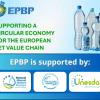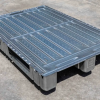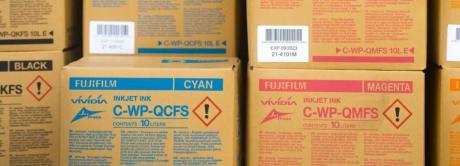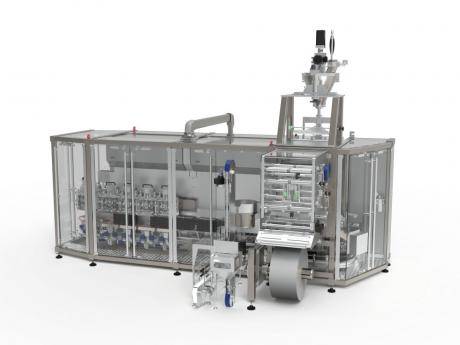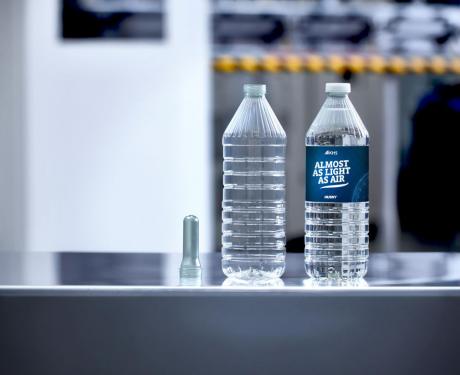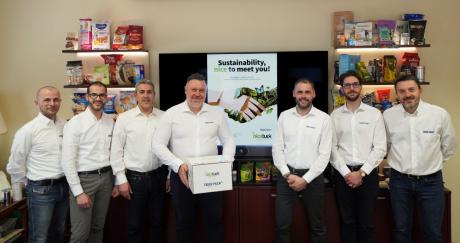Green Economy requires a technological leap forward
European Green Economy legislation stipulates that 25% of the raw material used for single-use plastic products must be second-generation by 2025. By 2030, the minimum percentage must rise to 30%. Unfortunately, the use of recycled resins, especially those derived from sorting municipal solid waste, are not as easy to process as one might think. They absorb substances of various kinds released by foodstuffs, which are released during dehumidification as VOCs (Volatile Organic Compounds) to which must be added all the volatile substances resulting from degradation processes that the resin undergoes throughout the recycling process.
Referring only to the case of rPET - recycled PET - which originates from the processing of packaging such as bottles and food packaging, the problem becomes even more pronounced as some volatile substances can remain in the finished product, modifying its appearance (speckling, opalescence, colour variation), mechanical properties (viscosity and resistance), and organoleptic properties (odour, taste) of the food or liquid it contains.
Another important aspect that is often overlooked is the impact of VOCs on industrial equipment such as resin dehumidifiers. In fact, the dehumidifier, which has to process large quantities of resin and large volumes of air, may be subject to unplanned shutdowns and corrective maintenance if no preventive measures are taken. Very often, the uncontrolled condensation of VOCs leads to complete clogging of filters or ducts, blockage of blowers, leaching - dangerous for operators - and contamination of molecular sieves, affecting the dehumidification process.
It follows from this scenario that, in order to protect their plants and the health of their operators, and to provide a finished product that complies with current regulations, companies committed to the use of recycled plastics must equip their plants with increasingly adequate and advanced equipment to meet the challenges of operating in this sector.
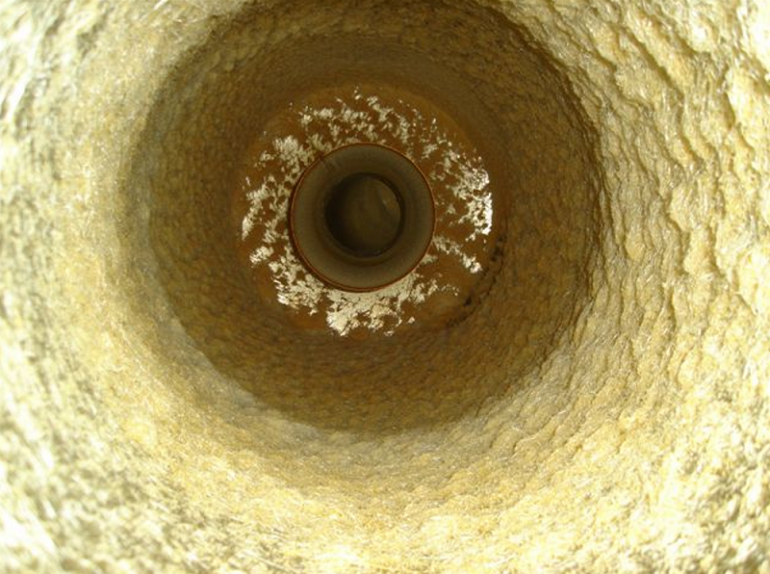
Condenso, the new oil condenser by Piovan Group
The use of simple filters in a dehumidification system allows the smallest particles to be blocked, and going further with the application of activated carbon filters, the result is that by dehumidifying recycled resins, they tend to become saturated quickly and require ongoing maintenance. The best solution is to apply an oil condenser to the outlet of the dehumidification hopper, thus intercepting the VOCs released by the heating of the resin.
The principle of the oil condenser is to force the air along a suitably designed path and cool it by means of a series of coils connected to a cooler, concentrating the volatile substances, which are precipitated by gravity and collected in a tank. The oil condenser is rarely considered due to its high energy and cooling water requirements.
Piovan has therefore tried to solve the problem of energy consumption by minimising it with a series of technological solutions unique to this type of machine.
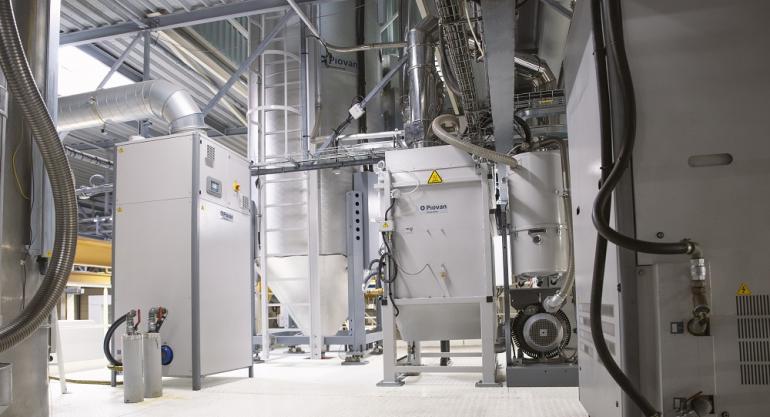
How does Condenso work?
Condenso uses the same principles as a typical oil condenser, but there are some specific features that make it unique:
- The new heat exchanger transfers energy from the incoming hot air to the outgoing air, reducing the thermal gap with the dehumidifier and lowering both cooling and heating costs. The energy benefits dramatically reduce the payback time and total cost of ownership of the machine.
- The entire cooling system has been redesigned with high heat exchange coils that can further cool the air with minimal water and energy consumption.
Integration with the GenesysNext dehumidifier control via a specific algorithm, the detection of temperatures along the Condenso and the modulating valve system allow continuous control and intelligent regulation of the water flow from, for example, the PETchiller, a chiller specifically designed for the PET sector.
- A droplet separator has also been introduced to facilitate condensation and thus more efficient leachate collection.
- For complete intelligent integration, it is possible to equip the Condenso with a pumping system that collects the condensate and transfers it to tanks with load cells for continuous monitoring with alarms to prevent overflow. As an example, the use of average quality PET flakes can generate 2-3 kilos of VOCs in a month, so it is essential to automate the collection of the liquid.
- The activated charcoal coil is designed so that the air follows a path with the largest possible surface area of charcoal exchange, efficiently adsorbing VOCs and minimising their presence in the outgoing air. To make the most of the life of the activated carbon filters and limit maintenance - particularly in those plants where the number of Condenso used is high - it is possible to monitor their condition with a portable gas chromatograph that Piovan has developed, Vulkano. Without the need for external laboratories, with only 2 measurements per condenser and in less than 6 minutes it is possible to decide whether the activated carbon unit has reached its end of life. A very useful tool for large-scale maintenance and process traceability required by quality systems.
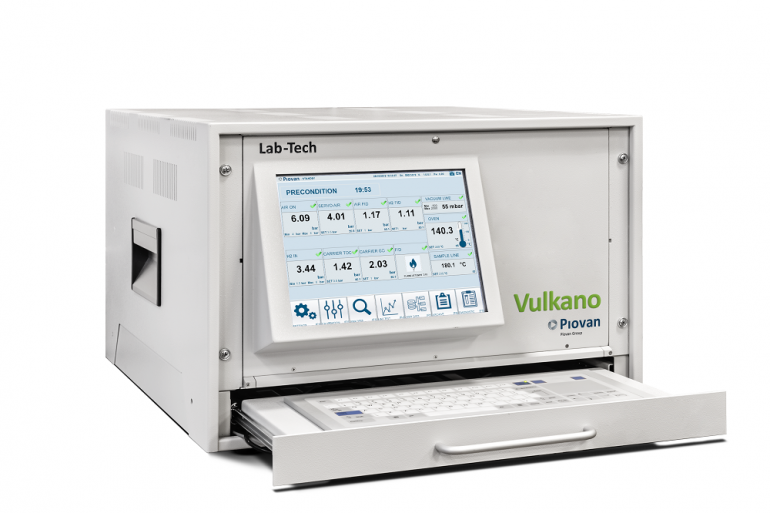
Why use Condenso?
Condenso is a well-established auxiliary that has already received numerous positive feedback from Piovan customers. Its ability to recover part of the heat allows significant savings after just one year of use with a quick and unique return on investment.
Generally, the oil condenser is an undesirable piece of equipment due to its high energy cost, but in the Condenso the integration between appropriate algorithms and a totally revised and modern plant design allows for intelligent monitoring and modulation of consumption.
The effective abatement of VOCs makes it possible firstly to preserve the plants by reducing maintenance costs and possible downtime, secondly also to guarantee a defect-free finished product downstream, ensuring its reliability over time.
For any further information you may need, please contact us: https://www.piovan.com/contacts/
Piovan Group
The Piovan Group is a world leader in the design and manufacture of process automation systems for the storage, transport and handling of polymers, bioresins, recycled plastics, food liquids, food and non-food powders. In recent years, the Group has also been particularly active in the development and production of automation systems for production processes related to the bioeconomy and the circular economy for the recycling and reuse of plastics and for the production of plastics that are naturally compostable in the environment, taking advantage of cross-selling opportunities.
Since October 2018, Piovan S.p.A. has been listed on the STAR segment of the Italian Stock Exchange. With more than 85 years of experience, almost 2,000 employees in 14 production plants and 43 branches/service and sales offices around the world, the Group is always close to its customers on a global scale, also thanks to the continuous innovation of the solutions developed and the constant support, from the design phase of the systems to their installation, commissioning and operation. In 2022, the turnover reached 531 million euros.


